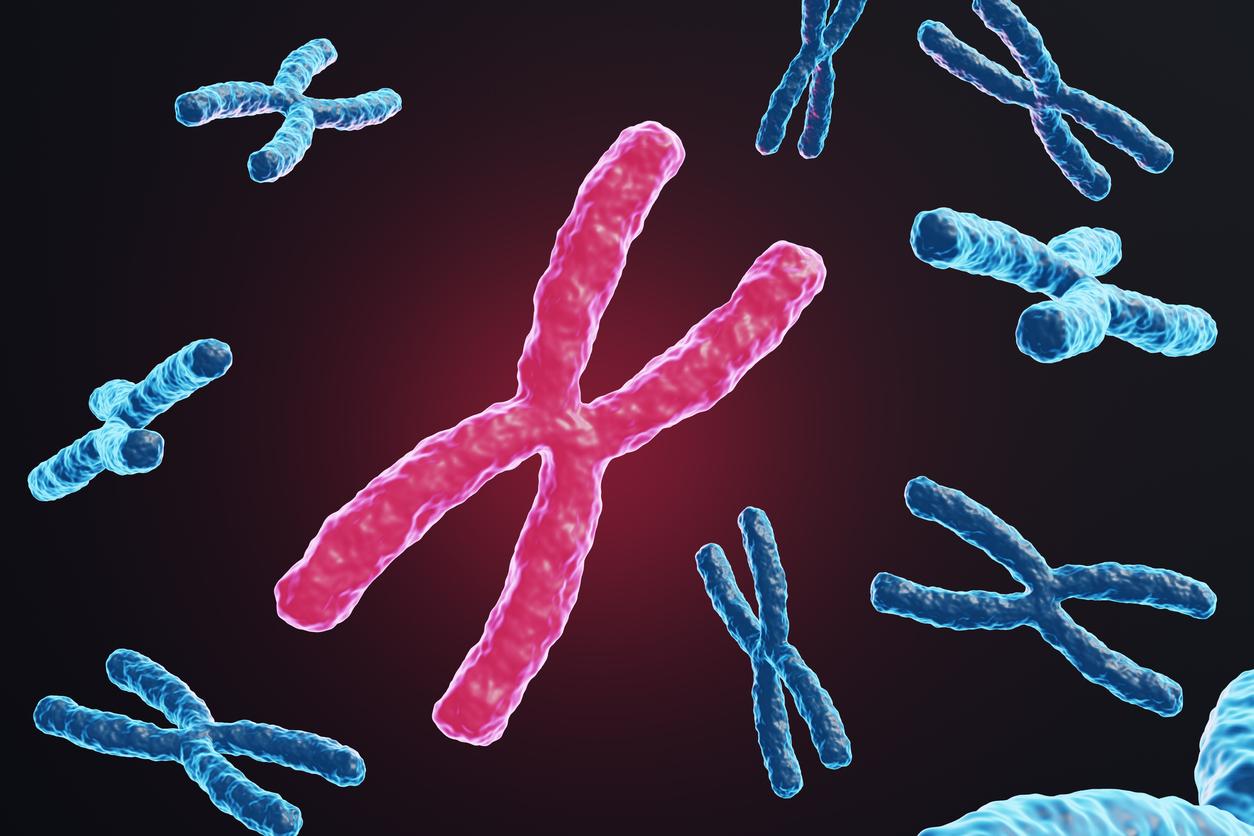Close to 80% of the world’s population consumes caffeine, making it the most widely used psychoactive substance in the world. And if it is so consumed, it is in particular thanks to its stimulating properties : it notably increases alertness and concentration in the hours following its intake. Consumed in a reasonable dose – two to four cups a day – it would reduce the risk of premature death and would have benefits for the heart and even for the memory, with benefits in the event of Alzheimer’s disease.
In new studypublished this June 13 in the Journal of Clinical InvestigationInserm researchers took an interest in the chronic caffeine consumption, in mice. “There has been a lot of work on this substance, but which most often focused on acute consumption, that is to say occasional, and not on chronic consumption as is usually observed. In addition, this work does not provide information on the molecular changes induced downstream, once caffeine is bound to its receptors in the brain.they explain.
The study focused in particular on the hippocampus, the area of the brain which is the main seat of memory and is particularly affected in Alzheimer’s disease. Every day for two weeks, the researchers administered a moderate dose of caffeine – the equivalent of two to three cups a day in humans – to mice. At the end of this period, they analyzed the cells of their hippocampus, the expression profile of their genes or even the chemical modifications of proteins attached to their DNA.
“Caffeine acts as a hippocampal response facilitator”
Result: the coffee leaves long-term molecular traces in the hippocampus via long-lasting and beneficial molecular changes, compared to mice that had not consumed caffeine. “As expected during a learning task, transcriptional activity that reflects the level of gene expression increases in the hippocampus. This is normal since this structure is mobilized to memorize this task. But we find that this increase is much stronger in animals that consume caffeine regularly.”says David Blum, one of the main authors of the study.
Thus, consuming coffee regularly would improve synaptic transmission in this brain area. “Caffeine acts as a facilitator of the hippocampus’ response to a memory task, thanks to a concerted action at the level of neuronal and non-neuronal cells.concludes the researcher.
Sources:
- Caffeine: long-term effects on brain cellsInserm, June 13, 2022
- Caffeine intake exerts dual genome-wide effects on hippocampal metabolism and learning-dependent transcription, The Journal of Clinical InvestigationMay 10, 2022
Read also:
- Dyskinesia: a cup of coffee a day to relieve symptoms?
- How many cups of coffee to drink each day to protect your heart (and extend lifespan) according to Science?
- Drinking 1 to 3 cups of coffee a day is good for the heart


















